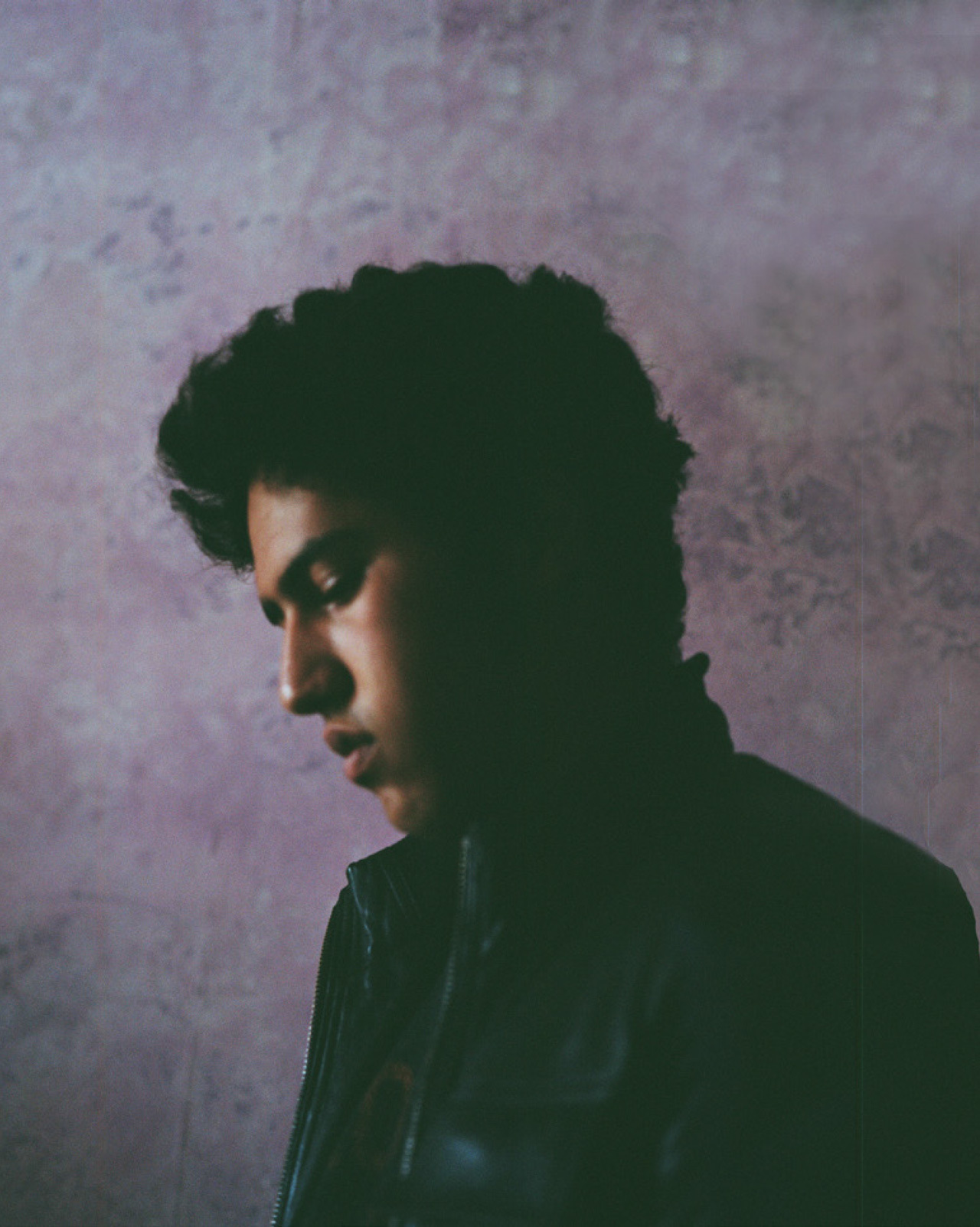“To the rest of the world, America is both a demonstration and a museum of power,” wrote French philosopher Jean Baudrillard in America, in 1986, a book about his travels through the United States. Far from being the travelogue some might expect, the book bides its time dissecting the country’s uncanny power to fascinate and colonize the minds of the people across the world.
To Ilyes Griyeb, a 26-year-old photographer of Moroccan descent based in Paris, America is a fluid concept — a symbolic place far from home that embodies escape, success, hyper-modernity, and decadence. “We all have a personal America, and to many Moroccan men, their America is France,” he adds, specifically referring the men portrayed in his project Moroccan Youth, a series of photographs that documents the lives of his cousin and his friends, all in their mid-thirties, passing time smoking weed, hanging out, waiting for real life to start, “with France as an imaginary exit door that never materialized.”
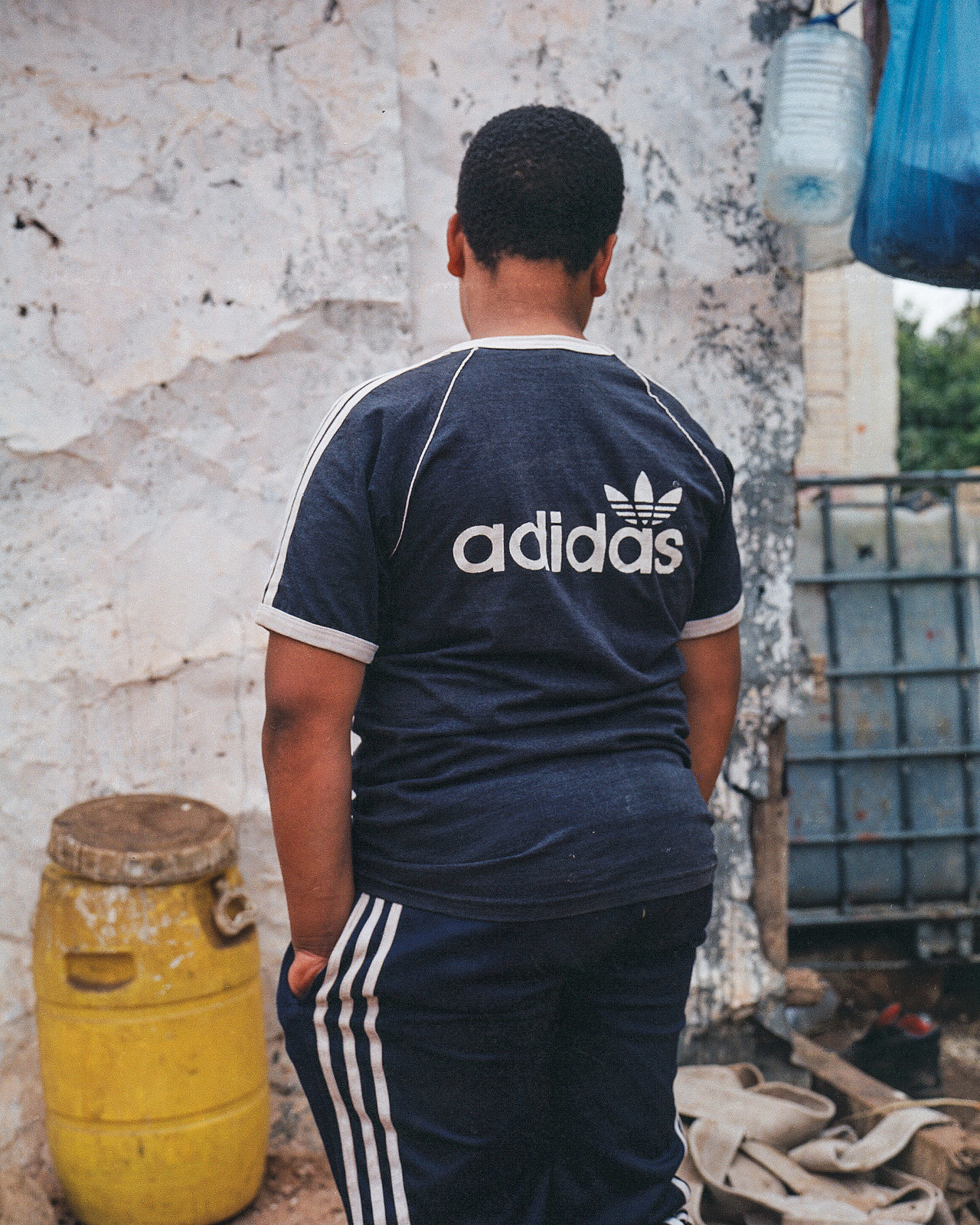
After the brutal Algerian War of Independence in the 50s and early 60s, which resulted in the French decolonization of Algeria, almost a million North Africans fled in fear of retributions from the Algerian Liberation Front and settled in France. “Because of its colonial past, France felt almost like it was at touching distance, it had a shared language, a relatable culture. Moroccan youth had the same pop references as French youth. We had all have heard of an uncle who has succeeded there; in some people’s minds it has become the land of cars, restaurants, and blonde and blue eyed girls with big butts,” Ilyes Griyeb says of the role the country plays in the imagination of the young.
Waiting for a lucky break that never comes, these not-quite-young-any-more-youth artfully fabricate on social media the semblance of a life more successful than their everyday drudgery: a scooter (probably bought and shared with several friends), clothes with designer logos, beautiful girlfriends, wild nights out… but it’s all window-dressing, a make-believe success for the eyes of the community only. “You can never admit the time of escape will never come,” adds Ilyes.
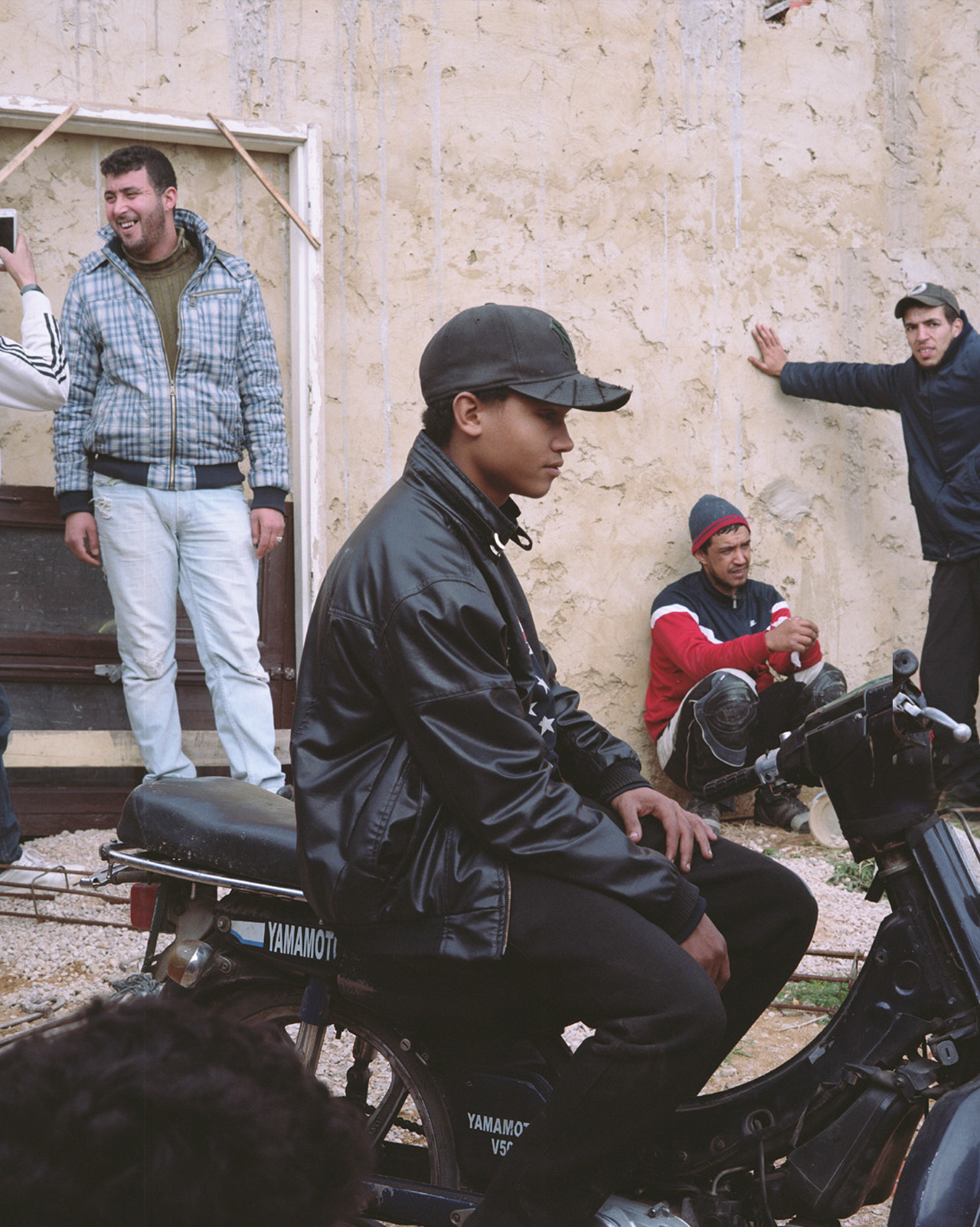
This fantasy has two parallel tracks that run alongside each other. In the series of photographs, we are made aware of the sharp contrast between the lives the subjects try to evoke, and their lonely, slow-paced, discouraged reality. Yet this duality is reflected and bounces off a similar phenomenon involving the lucky ones who actually made it to the legendary shores, many French families of Moroccan origin who come back “au bled” (back home to the village) every summer, intent on acting more successful than they really are. “Some of the families come, spend all their money trying to simulate success for two weeks, waste all their money renting expensive cars to pretend all is well back in France, which only further feeds the fantasy of the frustration of local youth.”
Because of course, things aren’t rosy in Paris either. In France, Arabic youth is still severely under-represented in public life and generally absent from pop culture (with the notable exceptions of rap and soccer), with little or no visibility in the art scene or the sphere of politics. And if the situation was bad enough before, the recent escalation of Islamist terrorist attacks in France hasn’t exactly helped to smooth things over.
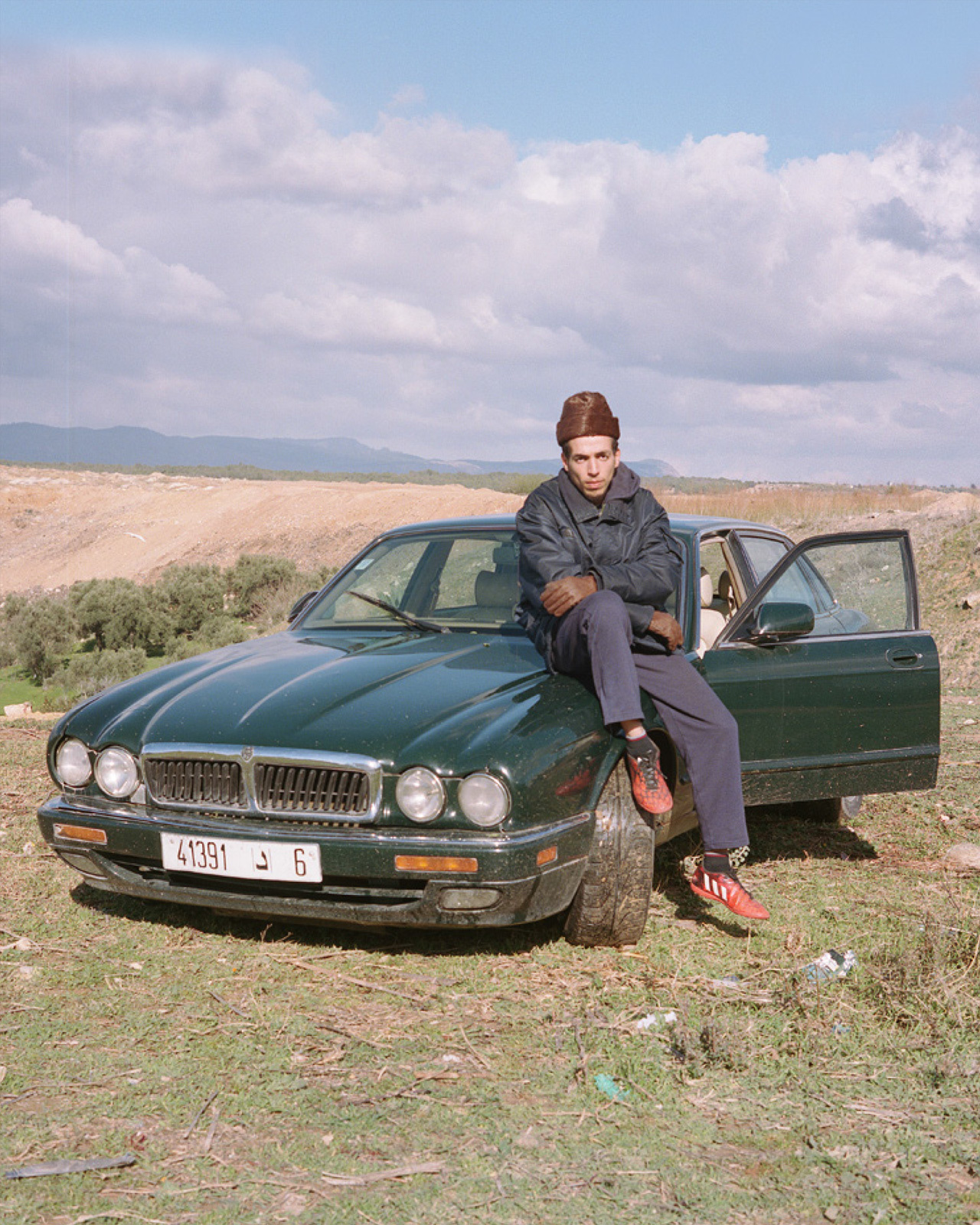
Ilyes emerged as one of the few French figures of Arabic descent that managed to succeed in a white and bourgeois dominated sphere. “We have no success story, practically no emancipated Muslim men, the only figures shown are radicals or caricatures. Where are the modern Moroccan figures that speak neutral French, drink beer, and represent modernity? It is hard to succeed in Paris because people back home think you are denying your Arab roots.”
To Ilyes, this lack of representation is a clear sign of the failure of the fiercely secular French system. “You are told you have the same chance as Jean-Pierre, that Liberté Egalité Fraternité would save you — but the truth is you do not stand a chance when competing with a white man who has the same qualifications as you.” Radicalization of youth, both in Morocco and in France, is therefore hardly surprising. “Religion becomes something your parents respect, if all else fails this is a potential success story.” In other words, even if you fail in other areas, religion will assure you good standing with your community. As for Ilyes’ work, he contributes to challenging the country’s fiercely Gallic culture, and — at last — is incorporating a more diverse modernity into Frenchness.
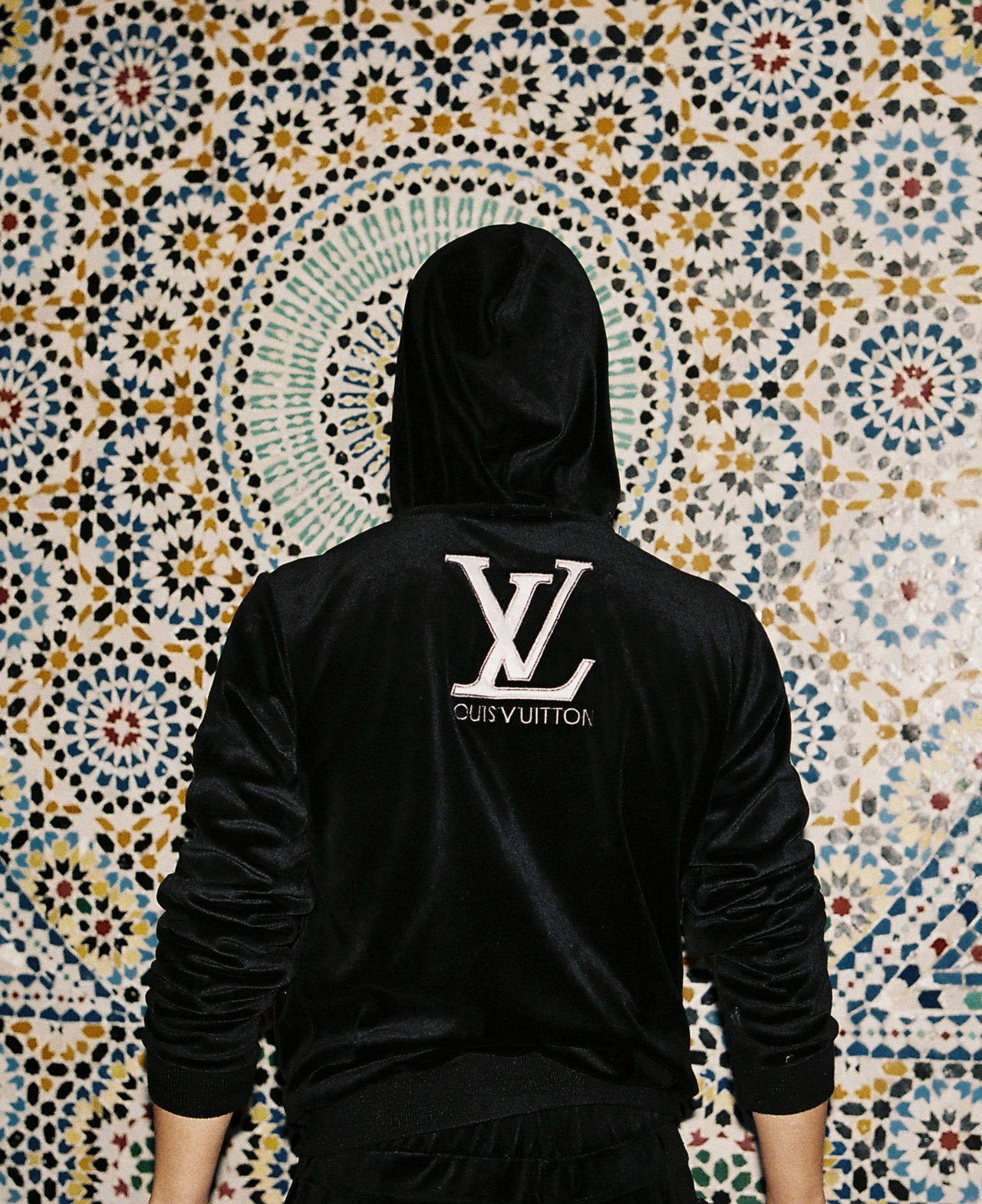
Credits
Text Alice Pfeiffer
Photography Ilyes Griyeb
